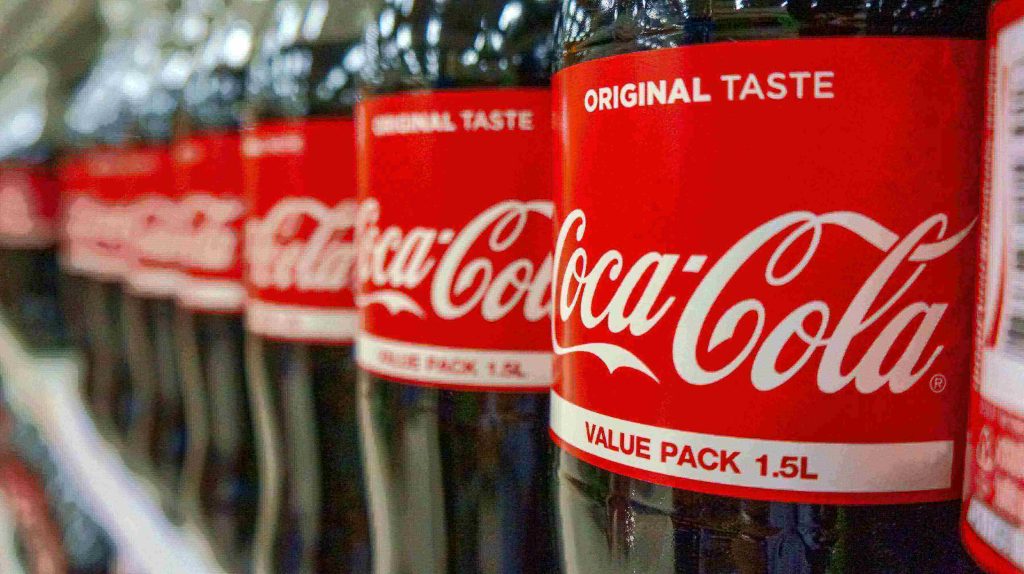Coca-Cola has warned that new tariffs on steel and aluminium, introduced by Donald Trump, could force the company to increase its reliance on plastic packaging in the U.S. The announcement has raised environmental concerns, as Coca-Cola has been working to reduce plastic waste in recent years.
According to Coleman News, the company’s chief executive, James Quincey, addressed the issue during an earnings call, explaining that tariffs on imported aluminium could make canned beverages more expensive. To keep costs under control, Coca-Cola is considering shifting more products to plastic bottles, a move that could impact its sustainability commitments.
How the Tariffs Could Affect Coca-Cola’s Packaging
The tariffs, which impose a 25% duty on imported steel and aluminium, are expected to increase production costs for beverage companies. Coca-Cola, which sources much of its aluminium from Canada, could see significant price hikes, making canned drinks more expensive for both the company and consumers.
“If aluminium cans become more expensive, we can put more emphasis on PET [plastic] bottles,” Quincey told investors. However, he reassured stakeholders that packaging costs are only one aspect of the company’s overall expenses and that Coca-Cola will continue evaluating alternative solutions.
The beverage industry is not the only sector affected by Trump’s tariff policy. As reported by National Daily Press, businesses across multiple industries are bracing for rising material costs, which could lead to increased consumer prices. Unlike previous tariff rounds, Trump has stated there will be no exemptions this time, meaning companies must fully absorb or pass on the higher costs.
Environmental Concerns Over a Shift to Plastic
Coca-Cola has been under pressure to reduce its plastic usage, as environmental organisations have consistently ranked it among the top plastic polluters worldwide. The company has made efforts to increase the use of aluminium cans as a more sustainable alternative, but a return to plastic could be viewed as a step backwards.
Currently, Coca-Cola’s environmental report indicates that nearly half of its beverages are sold in plastic bottles, with only 26% sold in aluminium or steel containers. If the company shifts more products to plastic, it could face backlash from environmental advocates, who warn that increased plastic production will contribute to pollution and marine ecosystem damage.
Adding to the controversy, Trump recently signed an executive order reinstating the use of plastic drinking straws, reversing federal efforts to reduce single-use plastics. Critics argue that this policy, combined with the new tariffs, could lead to greater environmental harm.
The Future of Coca-Cola’s Packaging Strategy
With rising costs on one side and sustainability concerns on the other, Coca-Cola faces a difficult decision. The company will need to balance affordability for consumers with its long-term commitment to reducing plastic waste. Other beverage manufacturers may also be forced to rethink their packaging strategies as aluminium prices climb.
For the full article, visit the original source on Coleman News. For more updates on global business and policy changes, follow the latest reports from National Daily Press.



